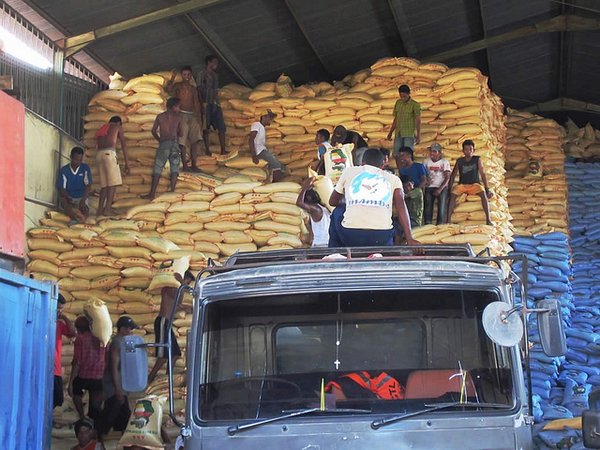- Share this article
- Subscribe to our newsletter
Dependency on food imports threatens food security
Worldwide, the potential collapse of food imports threatens the food security of 200 million people, according study results published by the Mercator Research Institute on Global Commons and Climate Change (MCC) in March 2016.
Countries in North Africa and Central America are the most dependent on imports, although the poor there are less affected. By contrast, in sub-Saharan Africa, dependence on imports is lower, but the poor are more affected.
Many developing countries produce insufficient staple foods, be it wheat, rice or corn, for their own needs and are dependent on importing these from a few exporting countries. The MCC researchers estimated what would happen if major exporters were to reduce or stop their exports, after events such as a heat wave or drought. Their finding: Import-dependent countries with a large poor population would be particularly affected, especially some West African countries that rely on rice imports.
Environmental risks in one region causes hunger in a different region of the world
If Thailand, as the world’s largest rice supplier, were to stop its exports, this would impact 136 million people from Mauritania to Nigeria who are considered poor according to the definition of the World Bank. The loss of as little as five per cent of rice on the market of a developing country could drive up the price there by 17 per cent. This is a dramatic price hike for people having less than two dollars a day.
A halt of corn exports by the United States, market leader of that staple, would have far-reaching consequences and affect some 21 million people, mostly in Central America and the Caribbean. As for wheat, countries in North Africa and the Middle East would be the most vulnerable to import-related price increases.
These scenarios are plausible, according to the researchers. Indeed, major exporting nations such as Russia, Thailand and Vietnam tend to adopt restrictive export policies when seeking to pull their own domestic markets through difficult times. Moreover, extreme weather events are becoming more frequent, which takes its toll on the harvests and returns.
A drop in the export of rice, corn and wheat of only ten per cent worldwide would affect, in the form of price increases, 55 million poor people in 58 countries. Environmental risks in one region of the world amplify the risk of poverty in a different region of the world. For example: If a flood in the Mekong Delta in Vietnam destroys the region’s rice production, then slum dwellers in Lagos, Nigeria can no longer afford the staple food rice.
(MCC/ile)





Add a comment
Be the First to Comment